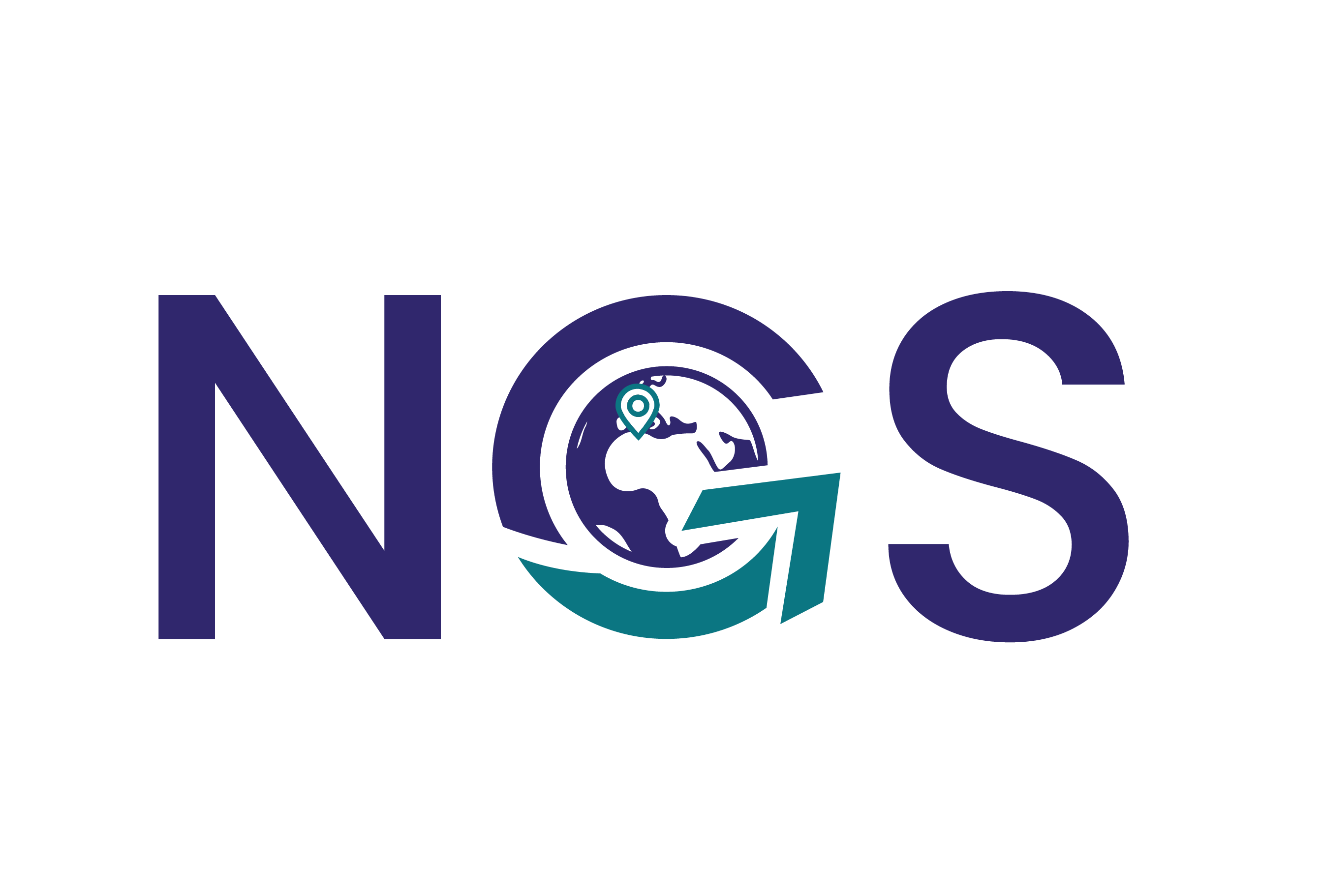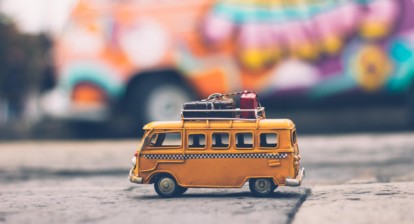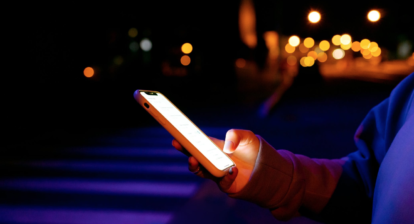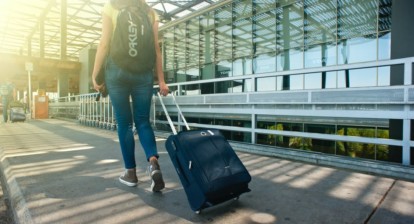The issue of harassment in bars, nightclubs and pubs is extremely prevalent, especially as a woman. Whether that be as a solo traveler in a new city or out with a group of friends in your local town, our safety or lack thereof is always at the forefront of our minds. However, in the last few years many bars and clubs in the UK have created codes to deal with situations of harassment or discomfort discreetly and professionally. The most notorious initiative is ‘Ask for Angela’, which originated from Lincolnshire and was adopted by the Met in 2016. With the introduction of WAVE (Welfare And Vulnerability Engagement) training in 2017, more and more venues were encouraged to take it on. Social media then stepped in, with thousands sharing the posters on multiple platforms leading to ‘Ask for Angela’ spreading all over the UK.
If one were to ‘Ask for Angela’ at a bar, a member of staff should then take that person to a safe space in the establishment, reunite them with friends, call a taxi to take them home or even call the police. As the code-word spread through the UK, social media also facilitated an international spread, leading to many countries adopting their own versions. For example, in the US, people can ask for an ‘Angel Shot’. This has also been taken further, and the ‘shot’ can be asked for ‘neat’ (an escort to your car), ‘with ice’ (an Uber will be called) or ‘with lime’ (the police will be called). ‘Ask for Angela’ is also used in Sydney, and has now become known in much of southern Australia. In France, a nightclub in Rennes took into account the numerous complaints of harassment and created an ‘anti-harassment’ cocktail called ‘un Oeil d’Horus’. In a German or Swiss German bar one can ask, ‘is Luisa here?’, to flag up an uncomfortable encounter to the staff.
In a time where our sense of safety is feeling shaky at best, non-existent at worst, it is undeniably important that women should be able to feel safe when out. It is equally important that we feel our safety is being taken seriously by institutions and organisations. With unwanted touching up 27% since the end of the Covid-19 lockdowns (according to the UK’s Met’s Chief Licensing Officer Ian Graham) and the well publicised murders of Sarah Everard and Sabina Nessa (to tragically name but a few), women need to feel protected and heard. ‘Ask for Angela’ is an extremely important step in the right direction, however it is not without its issues.
Whilst one can see that the initiative has spread outside of the UK, it is not yet a global code. The scheme is not used consistently in every bar or club in the UK, let alone every country, and many people have found that staff are not properly trained in the scheme’s use. Furthermore, one can see though other countries have started similar initiatives, the scheme remains a Western influence, having not truly spread outside of Europe, the USA and Australia. This is something to be aware of when travelling further afield.
That being said, it is undeniable that ‘Ask for Angela’ and its contemporaries matter. In a survey of 200 students conducted by Safer Sounds (who partnered with the Met on the original initiative), 98% stated that they would prefer to go to a venue which included ‘Ask for Angela’. Schemes like these give us tangible expectations for how we should be protected when going out, and therefore a safety net when going into any situation that may lead to something uncomfortable or even scary. Perhaps encouraging venues to fully embrace ‘Ask for Angela’ isn’t enough of an incentive? Metro.co.uk has started the initiative #MakeAngelaSafe, encouraging the scheme to be made more reliable by focusing on training staff and introducing clear signposting for people in venues. It has garnered a wealth of support from campaigners, authors and politicians, all pushing the same message; our safety matters. Our sense of security matters. It is unacceptable that we should be made to feel unsafe or uncomfortable in any situation, but especially when we’re in a social setting with people around who can help.
Other countries are also pushing for more action regarding these code-word schemes, some have already taken the idea further. For example, in France more and more cities have been encouraging the anti-harassment initiative, including Rouen, Caen, Amiens and Reims. In addition, in many institutions a sticker is posted at the entrance to show that they are a ‘partner bar’, and people can enter and ask for help or use them as a safe space even if they don’t buy anything. This creates a safe dynamic in social spaces, especially when the area has many clubs, bars and pubs. Ultimately, harassment is an issue that refuses to go away. Whilst the end goal is to not have to use schemes like these at all, until then it is of paramount importance that they are refined and developed to be the most reliable and responsive that they can possibly be.
Written by Hannah Bruneau
Useful Links/further reading
https://plan4womenssafety.dss.gov.au/initiative/ask-for-angela/





